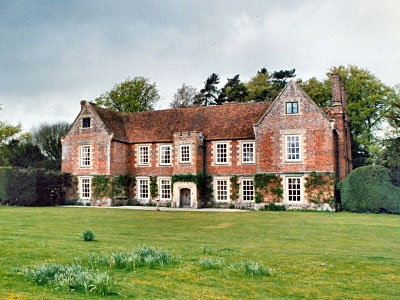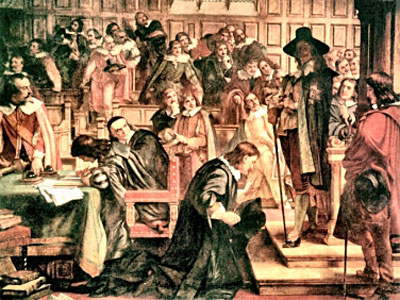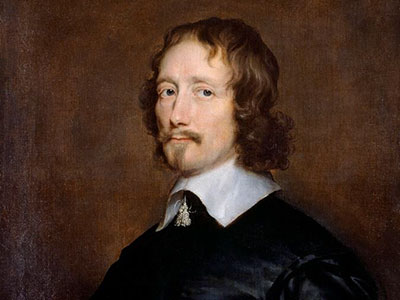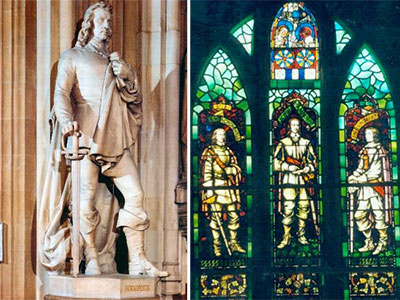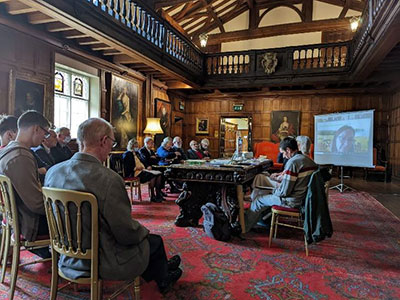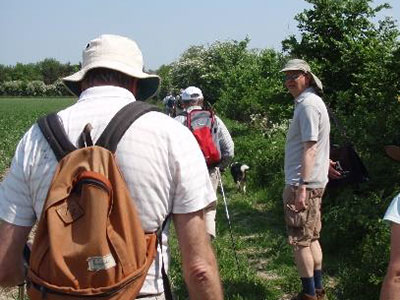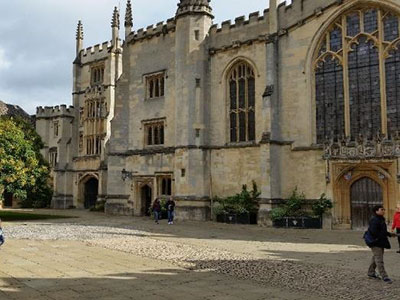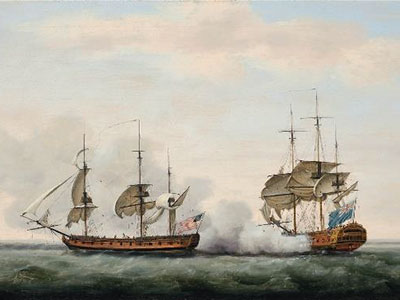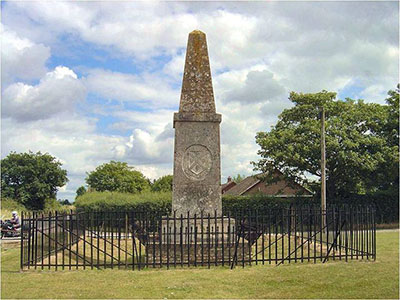Good news! If you would like to join the Society your first year’s membership will be free – please contact Sam Hearn for further information at the thetreasurer@johnhampden.org or call us on 078333 76222.
The John Hampden Society is actively seeking new trustees with appropriate skills and expereince. If you are interested, please email thechair@johnhampden.org
The John Hampden Society exists to bring together people with an interest in John Hampden, and to encourage wider knowledge of this great 17th century Parliamentarian, his life and times. We have a panel of speakers who for a small fee provide both live and virtual talks on Hampden related topics to community groups, history societies and schools. All funds raised go to further the aims of the charity. Contact Beth Rogers at thechair@johnhampden.org for more information.
Patron – Miles Hobart-Hampden, 10th Earl of Buckinghamshire
President – Dr John Adair, MA(Cantab), B Litt(Oxon), PhD, FRHistS
Registered charity no. 1098314
John Hampden was one of the leading architects of the resistance to Charles I’s arbitrary rule during the years leading up to the outbreak of the English Civil War.
He came from an ancient Buckinghamshire family with a long tradition of service to the Crown, but he became known as ‘Patriae Pater – The Father of the People’ when he stood out against the imposition of the Ship Money tax.
Hampden was a tireless worker in Parliament, and played an important part in the impeachment of the King’s chief minister, the Earl of Strafford. As a result, he was one of the Five Members whom the King tried to arrest for high treason.
When the Civil War broke out Hampden raised and commanded a regiment of foot in the Parliamentary Army – the famous Buckinghamshire Greencoats – and was appointed a member of the Committee of Safety (the Parliamentary War Cabinet).
He was also spoken of as a possible successor to the Earl of Essex as Lord General of the Parliamentary Army, but he was mortally wounded at the Battle of Chalgrove Field in Oxfordshire and died on 24th June 1643 at Thame.
After his death Hampden’s integrity and bravery were long remembered and celebrated. Much of what he had fought for was enshrined in the British Constitution as the Bill of Rights of 1689. His political legacy can therefore be found in the constitutions of many of the world’s leading democracies including the USA and much of the Commonwealth.




